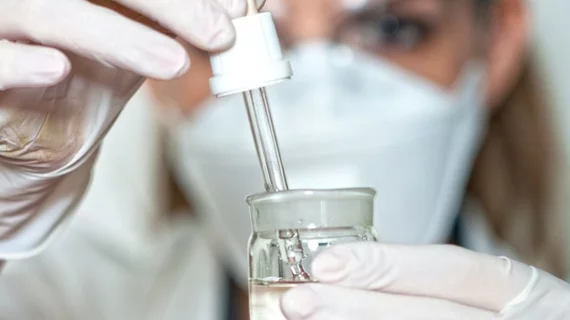FDA says hydroxychloroquine unlikely to be effective in treating COVID-19
The FDA has revoked its emergency use authorization for hydroxychloroquine as a treatment for COVID-19 hospital patients, determining that the controversial drug was “unlikely to be effective in treating COVID-19.”
The decision to revoke the EUA, which allowed chloroquine phosphate and hydroxychloroquine sulfate to be used without a clinical trial, comes after the drug has come under fire for potentially causing other harms to patients without necessarily being effective in treating the virus.
A hydroxychloroquine study published in The Lancet was at the center of the drug’s controversy after it found the drug caused a higher risk of death among COVID-19 patients, but the study was met with immediate backlash from scientists and researchers and was eventually retracted by its authors. The World Health Organization has also flip-flopped on use of the drug, halting the hydroxychloroquine arm of a clinical trial before restarting it again.
President Trump threw fuel on the fire after he announced he had been taking the unproven drug in May to prevent an infection.
“While additional clinical trials continue to evaluate the potential benefit of these drugs in treating or preventing COVID-19, we determined the emergency use authorization was no longer appropriate. This action was taken following a rigorous assessment by scientists in our Center for Drug Evaluation and Research,” Patrizia Cavazzoni, MD, acting director of the FDA’s Center for Drug Evaluation, said in a statement.

